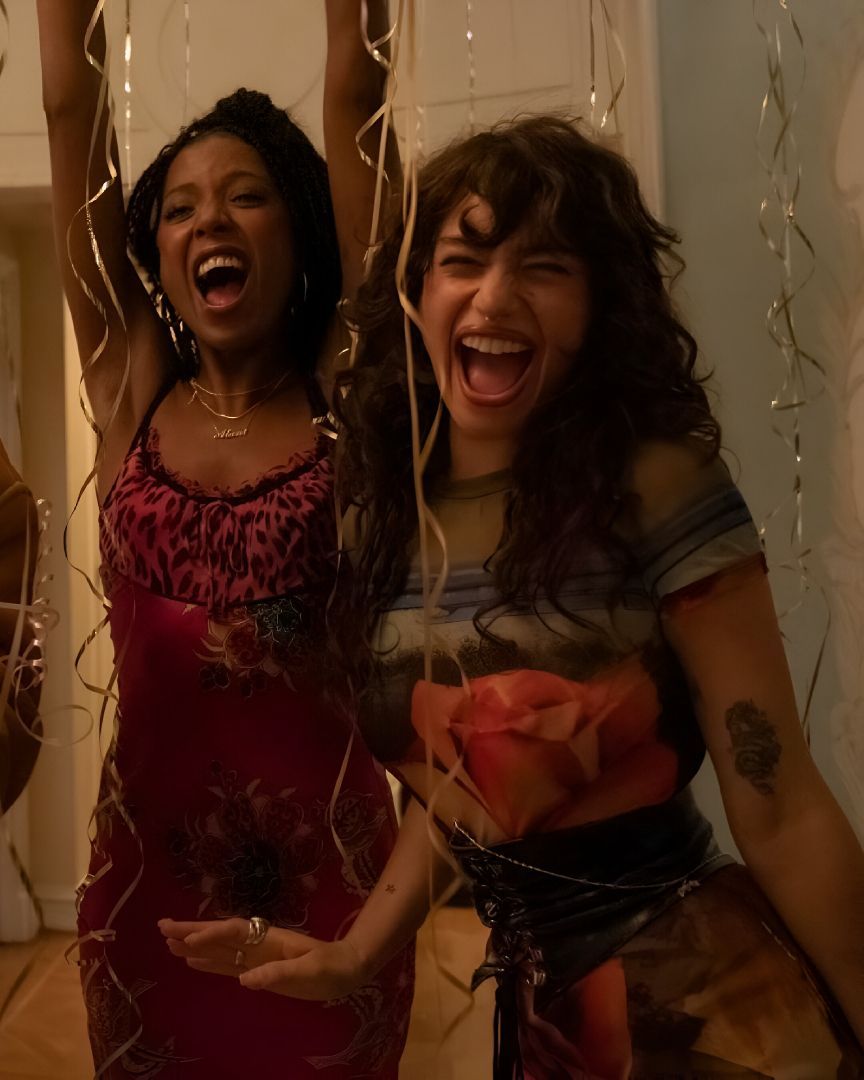
Now TikTok wants to limit political content And go back to little dances?
In four years, TikTok has changed almost completely. During the pandemic, the For You Page was filled with dances, anime edits, and content about the clash between “normies” and “alts”; now, the Chinese app serves as a political battleground and a platform for reporting on various ongoing wars. Although the algorithm decides what we see, it is now evident that politics has become one of the main topics of entertainment on TikTok. Bisan Owdsa, a Palestinian journalist and activist, even managed to win an Emmy Award in the category Outstanding Hard News Feature Story: Short Form for her videos on the Chinese platform, where she reports updates on the condition of the Gaza Strip. Although the transformation has already taken place, TikTok's leadership does not seem enthusiastic about it. With the 2020 U.S. elections, the Project Core was created, a task force of senior employees aimed at understanding how to handle polarizing topics on the platform. The main problem faced by Project Core is evident from its name: how could TikTok return to its original “core”, balancing the lighthearted content the app was founded on with the heavy news that has now become part of daily updates?
i shit you not my entire tiktok fyp is politics. i cannot fucking do this. i am a 14 year old girl my life cannot be like this.
— — ips | edtwt (@ipissips) November 6, 2024
In recent years, both TikTok and ByteDance (the app's parent company) have faced unprecedented political pressure, especially from the United States, where it is still unclear whether the app will be banned. While in 2020 it was Donald Trump who launched the first ban campaign against TikTok, declaring that the Chinese app was a threat to national security, the newly elected President withdrew such claims this year during his last campaign. According to some insiders interviewed by Forbes, the legal controversies of recent years seem to have created a concern throughout the company regarding political posts and official party communications. Although Kamala Harris lost the election, it could be argued that her TikTok campaign was highly successful: her official account @KamalaHQ grew from 440,000 followers in July—when Biden was still running—to the current 5.7 million, with the last post-election video reaching 23 million views. Despite the many videos from the Vice President's campaign going viral within hours, unlike traditional official media videos (which usually end with “I’m Candidate X and I endorse this message”), their growth was entirely organic and unsponsored, considering TikTok’s strict policy against political advertising.
@kamalahq From all of us at Kamala HQ, thank you for following along.
apple x supercut ft lorde - jevan
TikTok has not always been apolitical, but the war in the Gaza Strip has been a catalyst for change. Initially, TikTok prohibited any depiction of armed conflicts in sponsored content, aiming to avoid the spread of violent or potentially traumatic images. However, with the situation evolving and growing international pressure to raise awareness of the humanitarian impact of the conflict, the platform revised its policies. It began to accept content depicting war, as long as the purpose was to promote the cessation of hostilities or increase awareness of civilian victims. This update allowed civilians and humanitarian organizations to convey the severity of the situation in the Gaza Strip to the public, surpassing the incomplete portrayals published by traditional media. Conversely, in 2019, TikTok was criticized for the alleged censorship of protests in the autonomous region of Hong Kong, when app users accused it of removing content and limiting the visibility of demonstrations against the Chinese central government. A few months later, content about the alleged massacres of the Uyghur minorities in the Xinjiang region was also silenced. This situation fueled public concern about the app's political independence. In response, TikTok announced a policy review, stating the company’s commitment to supporting freedom of expression.
Limiting political content on TikTok could be counterproductive, given that the shift in the platform's content maturity has already occurred. The app has become a crucial point for many young people wanting to stay connected to the political world. According to a recent survey by the Pew Research Center, 52% of respondents under 30 use the app to stay updated on world news. For some, this practice might seem questionable, considering the proliferation of fake news and radicalized discussions from not always credible sources, but if TikTok were to return to being a platform exclusively for trash content, it could lose a significant market share, which would then be taken by other social networks (such as X). It is also worth noting that the practice of doomscrolling is now driven by the algorithm itself: people no longer seek out negative content about the current state of the world; TikTok serves it on a silver platter. Perhaps some work on the For You Page would be helpful, or perhaps we are simply living in unprecedented times where every day—for one reason or another—feels like being in a teen dystopian novel from the 2010s.













































